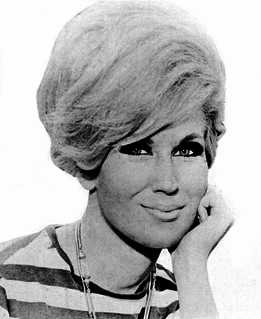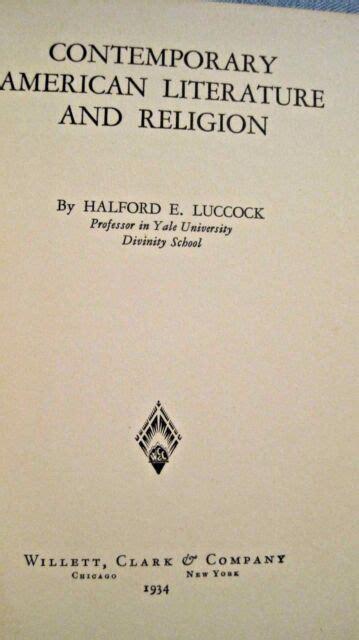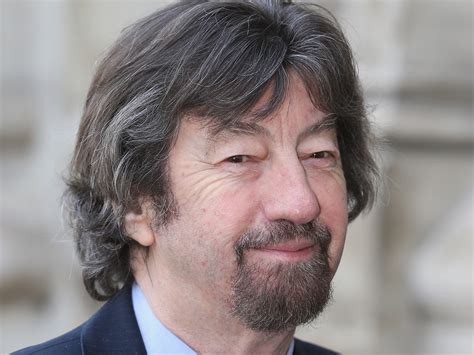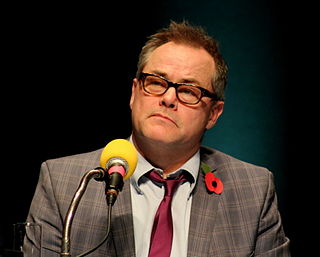A Quote by Dusty Springfield
Somehow I took whatever criticism there was very much to heart.
Related Quotes
I don't have a very high opinion, actually, of the world of criticism - or the practice of criticism. I think I admire art criticism, criticism of painting and sculpture, far more than I do that of say films and books, literary or film criticism. But I don't much like the practice. I think there are an awful lot of bad people in it.
There are couples who are very fearful of bringing children into the mix because they feel like somehow that link between them as a couple is going to somehow dissolve or become less powerful or whatever. And that somehow the child is going to disrupt their happy stage. Of course it is true, that's exactly what a child does but it's not something to be feared, it's to be embraced.
Expressions of sharp and even violent criticism of religion and the church have been welcomed, for they usually imply sincerity of thought. If caustic criticism of religious institutions and practices is irreligious, then Amos, Isaiah, and Jesus were very irreligious men. In fact, that is exactly what many of their contemporaries took them to be.
I think that's what so exquisite and unique about New York, it's a city that allows you to hone your craft as much as possible. There is no good or bad, somehow, strangely, there is no beginning or end. You certainly qualify it with the opening or closing of a run, but what's extraordinary is that you are actually allowed to be an artist here. It's very "belle époque," but somehow continually. That's why I love New York so much, honestly.



































